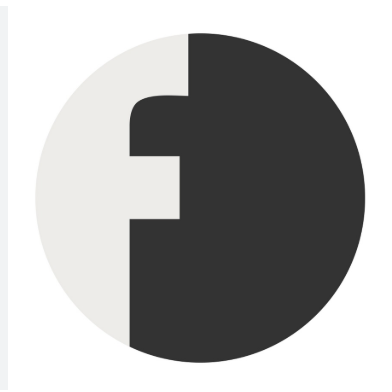Article by Luca Pons – Journalist, Fanpage.it
The European Union is taking a step backwards when it comes to climate policy. The new EU Commission is preparing to present a proposal to delay the implementation of the so-called carbon tax by one year . Not only that, but it is also set to change it to exempt the "vast majority" of companies involved. The law was approved in 2023 , after over a year of work , along with the rest of the Fit for 55 package, a series of measures designed to significantly reduce EU countries' polluting fuel consumption.
The latest European elections have shifted the political spectrum to the right, even though on paper the majority supporting the European Commission hasn't changed—in fact, it has expanded to include the Greens. In practice, however, despite Ursula von der Leyen still leading the executive, the approach to the climate crisis appears to have changed. Indeed, a postponement of the carbon tax seems ready—according to a draft document seen by Ansa—included in a package of measures expected to be presented on Wednesday.
The proposal would be to postpone the implementation of the carbon tax, as mentioned, and weaken it. Its official name is the "Carbon Border Adjustment Mechanism," or CBAM . It works like this: anyone importing a good from a country outside the European Union, with less stringent emissions regulations, must pay a certain amount to "compensate" for the fact that the product was produced with greater pollution.
